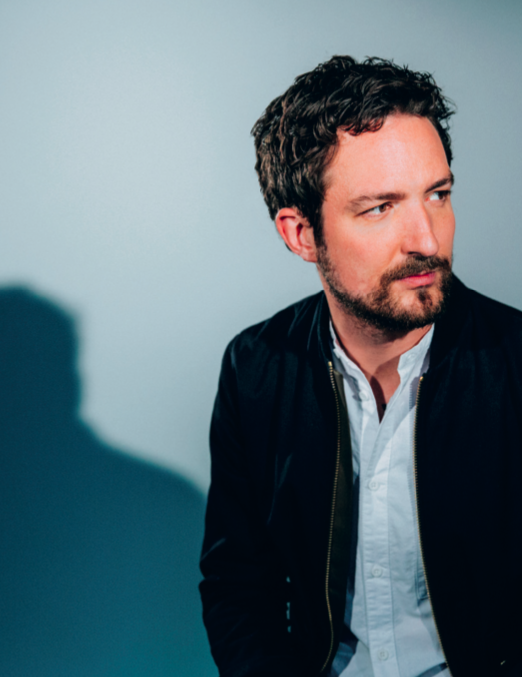Headliner catches up with Frank Turner to talk about his latest album, No Man’s Land, produced by Catherine Marks and featuring an all-female cast of musicians.
We hear you’re a self-confessed history nerd, but how did this interest in female historical figures pique?
Actually, the overarching concept for the record, with its gender specificity, only arrived about halfway through the writing process. Initially, I was just trying to work on a story-telling, history album. I was wanting to tell cool stories that hadn’t been told before in song. After I had about four of them, I noticed the common thread - and there’s a definite political angle to the fact that, in trying to tell unknown stories, I ended up writing about women exclusively. But the initial motivation was simpler.
Was it one of the particular heroines you sing of who drew first inspiration for the No Man’s Land project?
The first song I wrote for the record was Jinny Bingham’s Ghost. I wanted to write a song about Camden Town, which is one of my favourite places in the world, but take a different angle to, say, Suggs or the Libertines. Her story seemed like a good angle in for that. After that, I wrote about Dora Hand and Nica Rothschild, and then the theme made itself clear.
It must have been a rare situation to be the only man in the recording studio! How was the recording experience with all-female backing?
It was great! The most important thing about all the people I worked with was their talent, rather than their gender. Catherine Marks is an incredible producer. I did want to find a woman to fill that role, but she’s also at the top of her game, and embraced the concept wholeheartedly. Playing with different people for a change was liberating too - I love The Sleeping Souls, and will play with them again, but it was cool to branch out for this session. It took me in some unexpected and refreshing creative directions.
You really trace across the globe and history with the figures you sing about - the research must have been painstaking?
[laughs] I think my history professor would say that my research was secondary. I wasn’t in the archives in cotton gloves! But it was really fun getting into all the books and sources that I could find - which were thin on the ground for a lot of these people. Getting history and music together for one project was really cool for me, marrying my two passions successfully ... I think! [smiles] I’m not claiming historical infallibility either, by the way - some of the historians on the podcast have corrected a few things here and there.
